Hatay civil society urges focus on post-quake recovery, not candidate names
As candidate names for the upcoming local elections occupy public discourse regarding the quake-torn Hatay province, civil society urged to shift focus to the province's actual needs and mayoral candidates' plans to recover Hatay.
Burcu Özkaya Günaydın / Gazete Duvar
Normalcy eludes Turkey’s southeastern Hatay Province, even though more than one year has passed since the destructive Feb. 6 earthquakes. Many problems from housing to infrastructure are still waiting to be fixed. Given the current state of the province, the mayoral election seems like a key moment in solving Hatay’s problems.
As names of candidates occupy the news, Gazete Duvar spoke with non-governmental organizations, unions, and trade associations to understand the province’s actual needs in terms of service and municipal style.
Board member of the Chamber of Architects in Hatay, Mustafa Özçelik, suggested that politicians have lost the plot regarding the upcoming local elections in the province. “A political perspective chasing popularity will not help Hatay,” he stated. Political parties asked who would win the elections instead of asking what they could do to help the city where there is much to do.
“They are trying to run a standard election campaign in a destroyed city. You cannot treat Hatay like any other province. People feel hopeless and devoid of choice here,” said the architect.
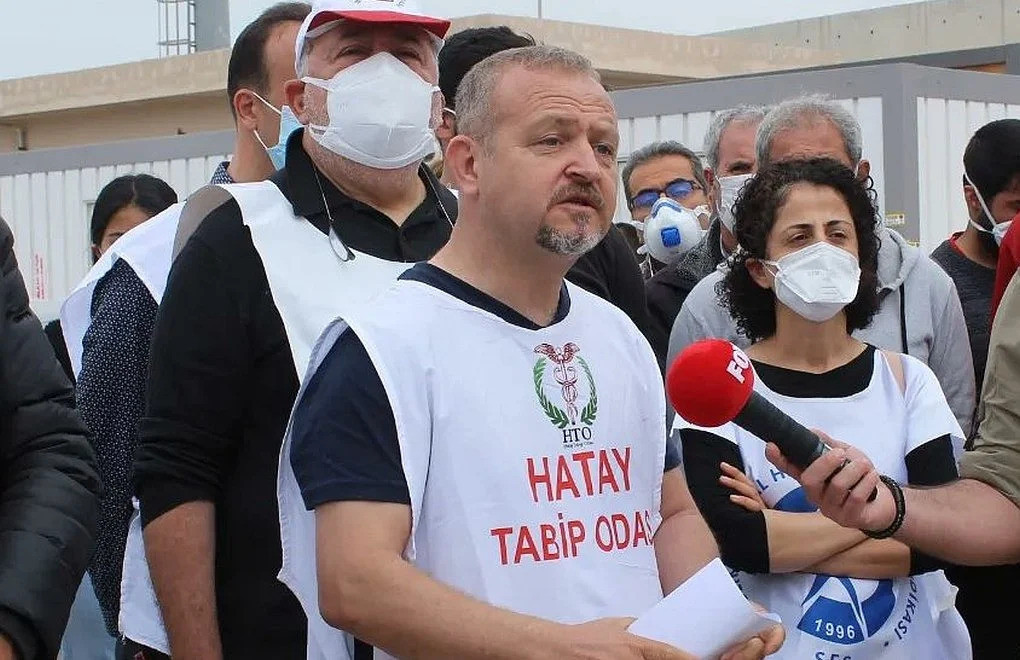
Sevdar Yılmaz, the Hatay branch head of the Turkish Medical Association (TTB) suggested that the new mayor should be someone who stood with the Hatay people during the earthquakes.
Serious problems persisted in Hatay, according to Yılmaz. Transportation was insufficient, and drinking water was hard to access. “The city is gone, but the discourse is reduced to parties and candidates while we should be talking about Hatay,” the doctor urged.
The Health and Social Workers’ Union (SES) secretary Zeynep Kırıkkaya stated that they felt the lack of a social municipality in their post-quake efforts in the province.
The number of people in need of protection such as children, the elderly and disabled, or domestic abuse victims increased critically in Hatay after the earthquakes. Kırıkkaya believed that a good mayoral candidate should propose projects geared toward this population.
She added that a local government’s duties were more than distributing food boxes and water to the quake survivors. Projects for women were more important than ever, suggested Kırıkkaya, such as vocational training courses, shelters for victims of domestic abuse, kindergartens, or markets to sell handmade goods just to name a few.
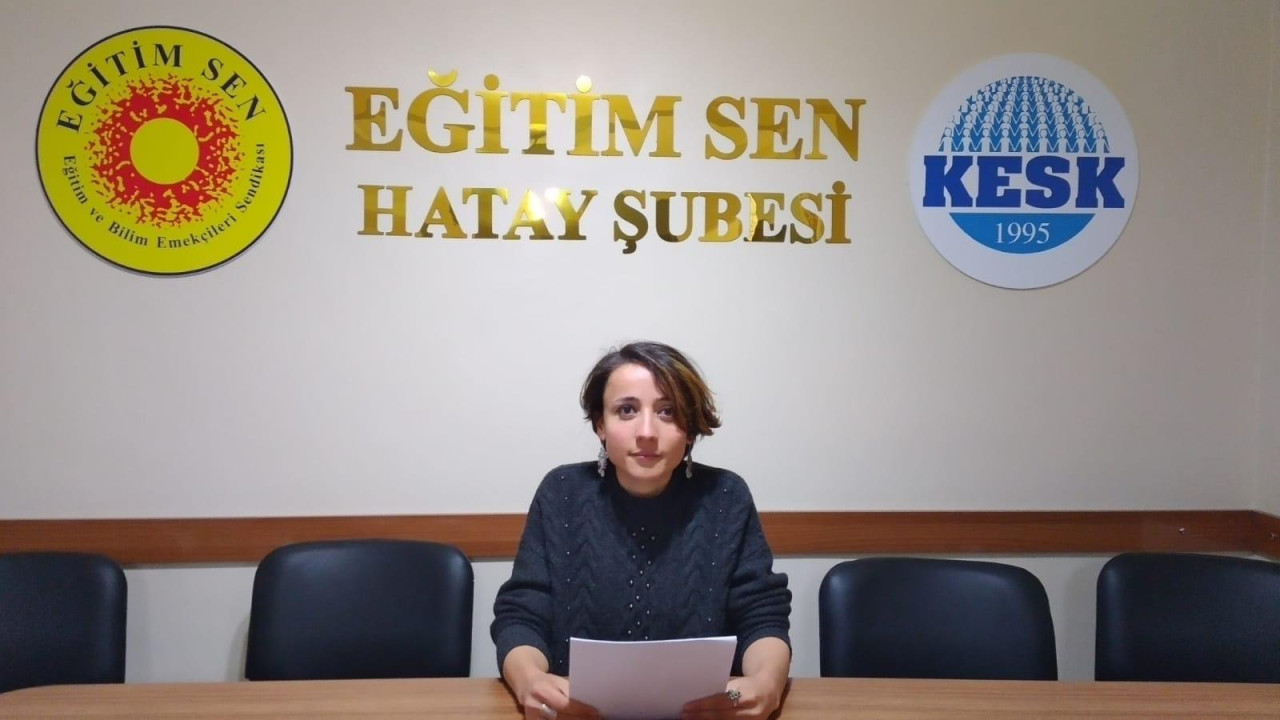
Education Workers Union (Eğitim-Sen) Hatay branch secretary Sevilay Elmas drew attention to the disrupted education in the province, after over a year has passed since the earthquakes.
There were heavily damaged schools that are still awaiting demolition in the province, reported Elmas. One of the safe schools was taken over by the Hatay police department after the earthquakes and still was not returned despite complaints and requests by the union and students’ parents. Moreover, classrooms became extremely crowded after many students were relocated to safe buildings.
“We cannot healthily conduct classes, we are just passing time,” complained the teacher. She added that the new mayor should act as a bridge between the Hatay people and the Turkish government and push for action when necessary.
Tuğçe Tezer, an urban and regional planning researcher at the Mimar Sinan Fine Arts University in Istanbul has worked on many platforms to reconstruct Hatay after the earthquakes. She believed that Hatay’s mayoral election should be a non-partisan process.
The most important project for the mayor would be to bring the emigrated population back to Hatay, according to Tezer. She also drew attention to the increased disabled population in the province. “The newly built Hatay should be accessible. It should be resistant to all disasters from floods to earthquakes,” the researcher held. “We should be talking about this if we are discussing the local elections and good municipal practices.”
The 7.7 and 7.6-magnitude earthquakes struck southeastern Turkey on Feb. 6, 2023. Hatay was the most destroyed province among the 11 that were affected. At least 23,000 died, thousands of buildings were destroyed and hundreds of thousands were left homeless in Hatay. Most of the people still live in temporary housing units.
For the upcoming local elections of March 31, the main opposition Republican People's Party (CHP) re-fielded current mayor Lütfü Savaş, who was widely unpopular due to his implied connections to irregular zoning permits and lack of post-quake efforts in the province.
CHP on Feb. 20 finalized weeks-long discussions after the Hatay public's reaction against Savaş became clear on the first anniversary of the quakes. The party decided to move forward with Savaş as a few figures reported that they were offered the mayoral candidate position in the past weeks.
Workers' Party of Turkey (TİP) nominated former footballer Gökhan Zan, who was among the vocal advocates of Hatay in the aftermath of the earthquakes. Zan said that he wanted to show the Hatay electorate that they were not out of options.
Meanwhile, Turkish President Recep Tayyip Erdoğan warned the residents that they did not have options if they wanted to receive services in the destroyed province. They had to vote for the ruling Justice and Development Party’s (AKP) mayoral candidate if they wanted to rebuild Hatay, threatened the president in a recent speech.
(English version by Ayşenaz Toptaş)

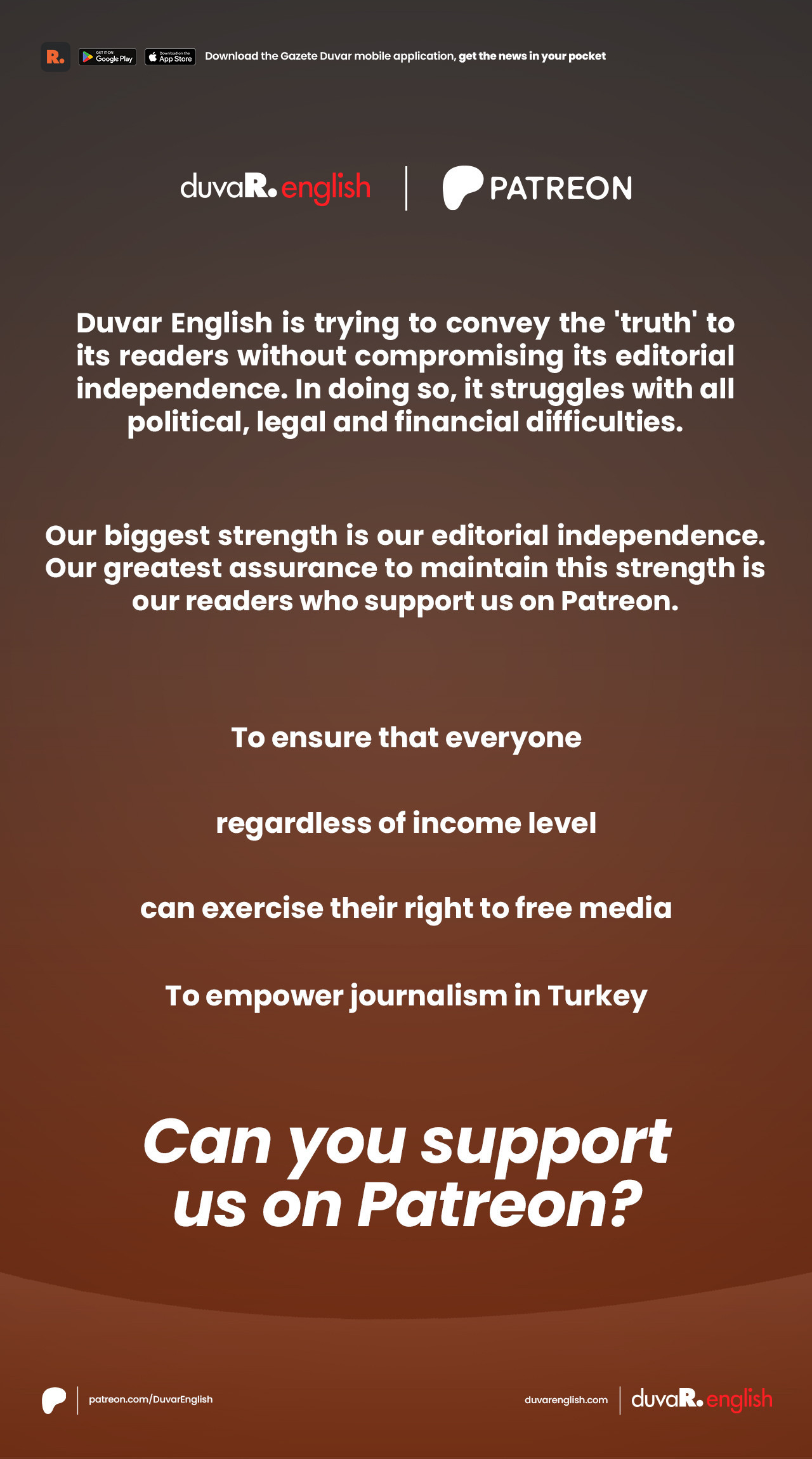
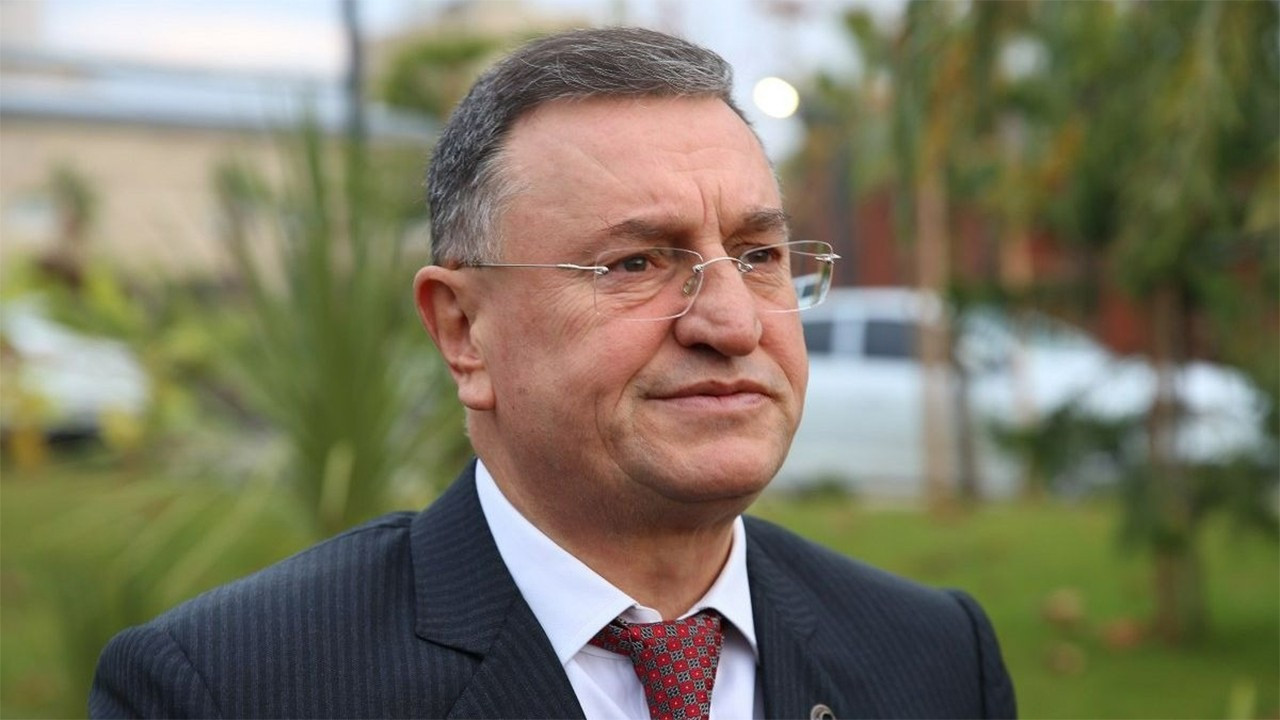 Main opposition CHP decides to move forward with Hatay Mayor Savaş’s re-candidacy after days of strugglingPolitics
Main opposition CHP decides to move forward with Hatay Mayor Savaş’s re-candidacy after days of strugglingPolitics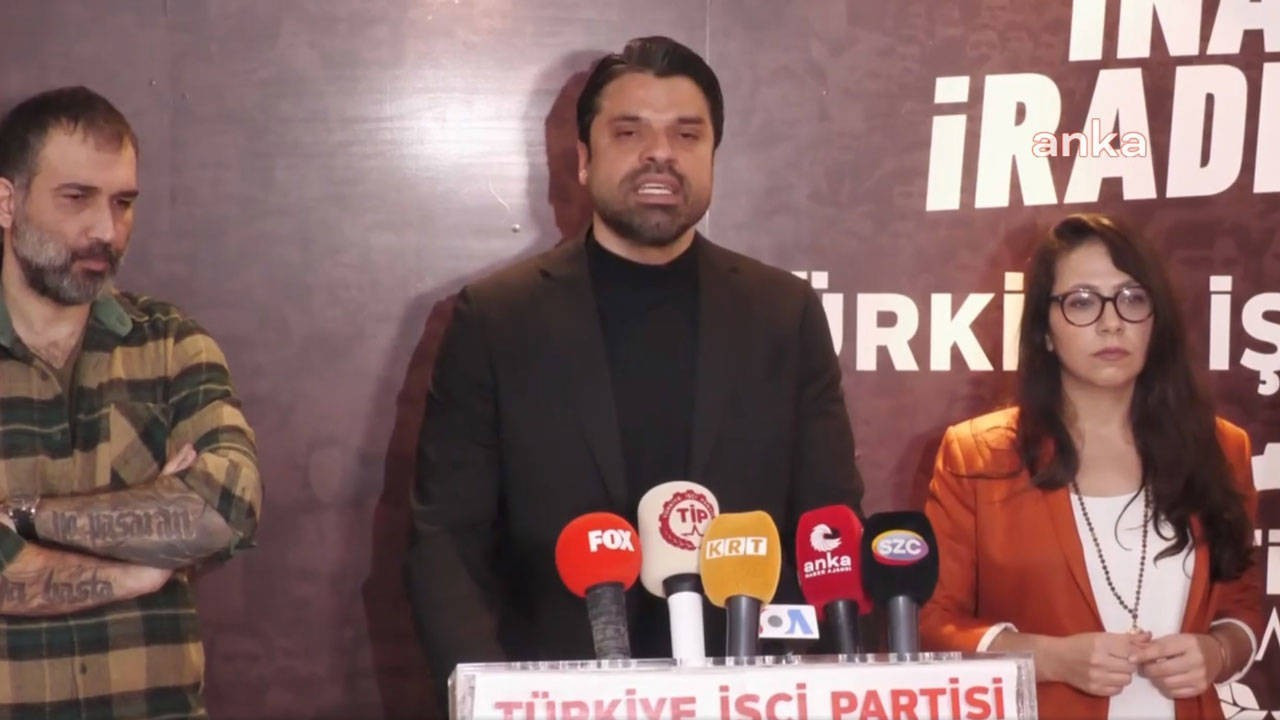 Former national footballer Zan becomes TİP’s Hatay mayoral candidatePolitics
Former national footballer Zan becomes TİP’s Hatay mayoral candidatePolitics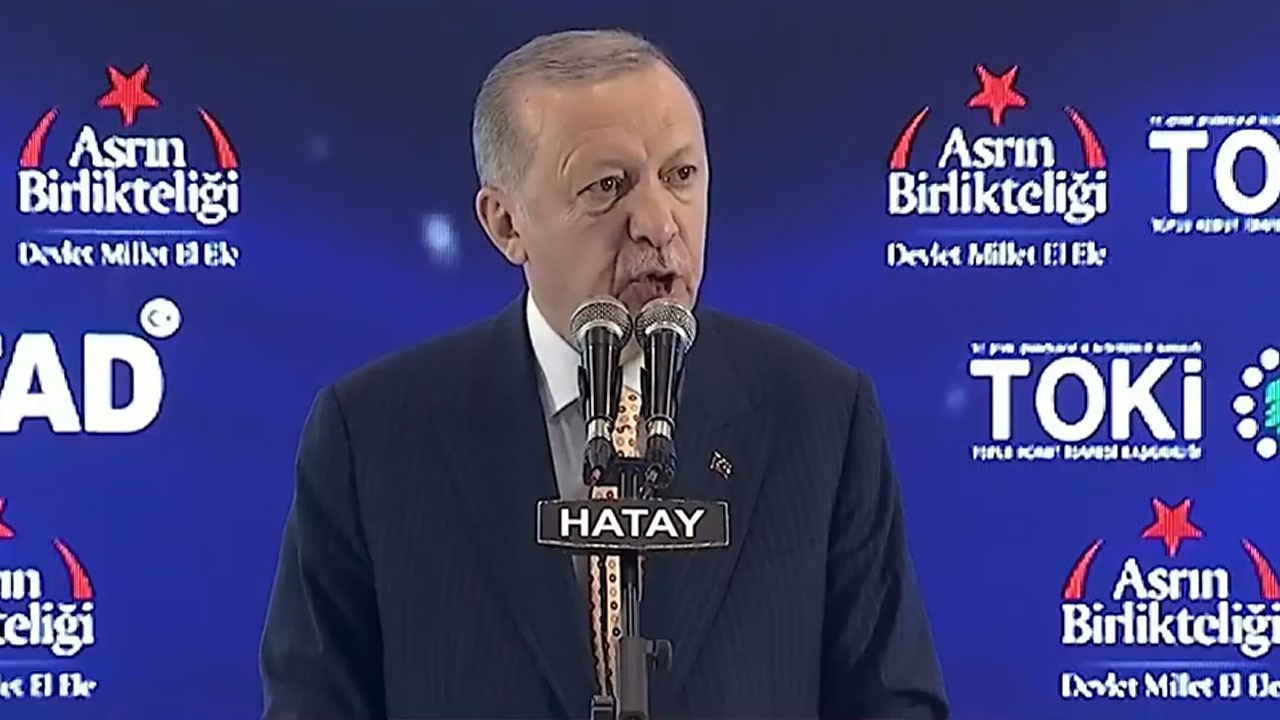 Turkey’s Erdoğan threatens Hatay constituents to elect AKP mayor if they ‘want service’Politics
Turkey’s Erdoğan threatens Hatay constituents to elect AKP mayor if they ‘want service’Politics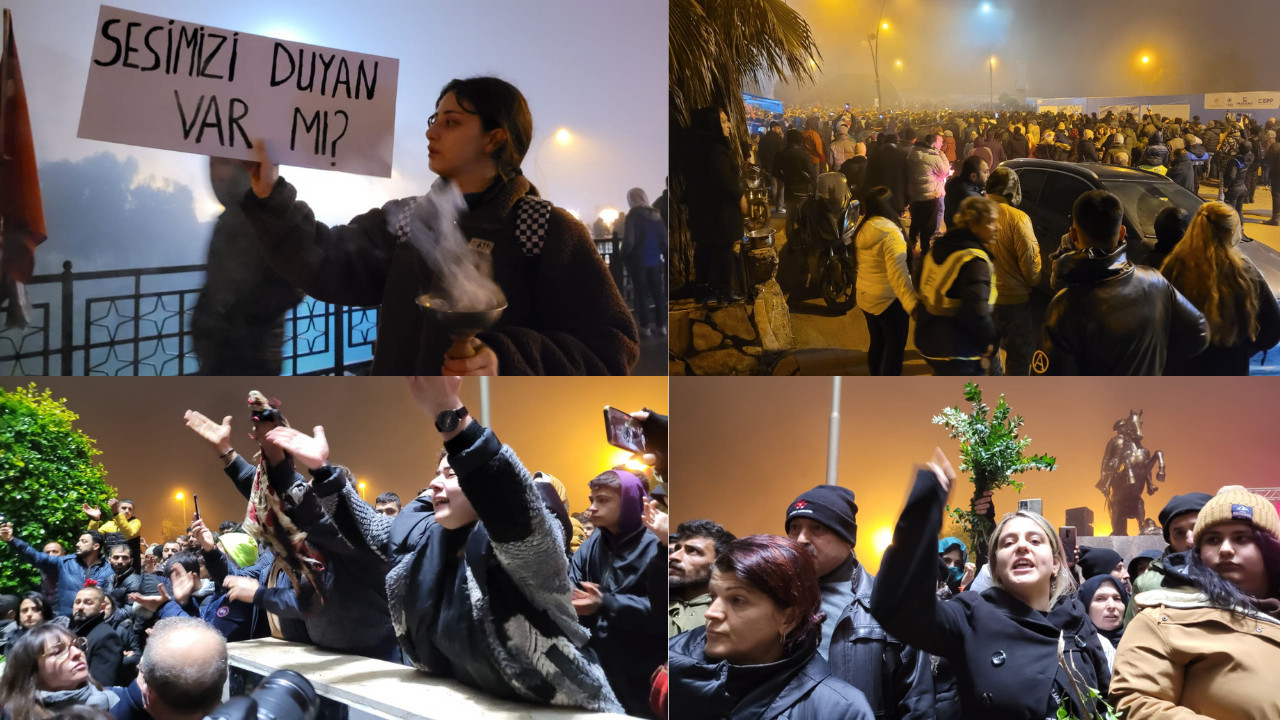 ‘No forgetting, no forgiveness,’ Hatay people cry out in protest against state negligenceDomestic
‘No forgetting, no forgiveness,’ Hatay people cry out in protest against state negligenceDomestic